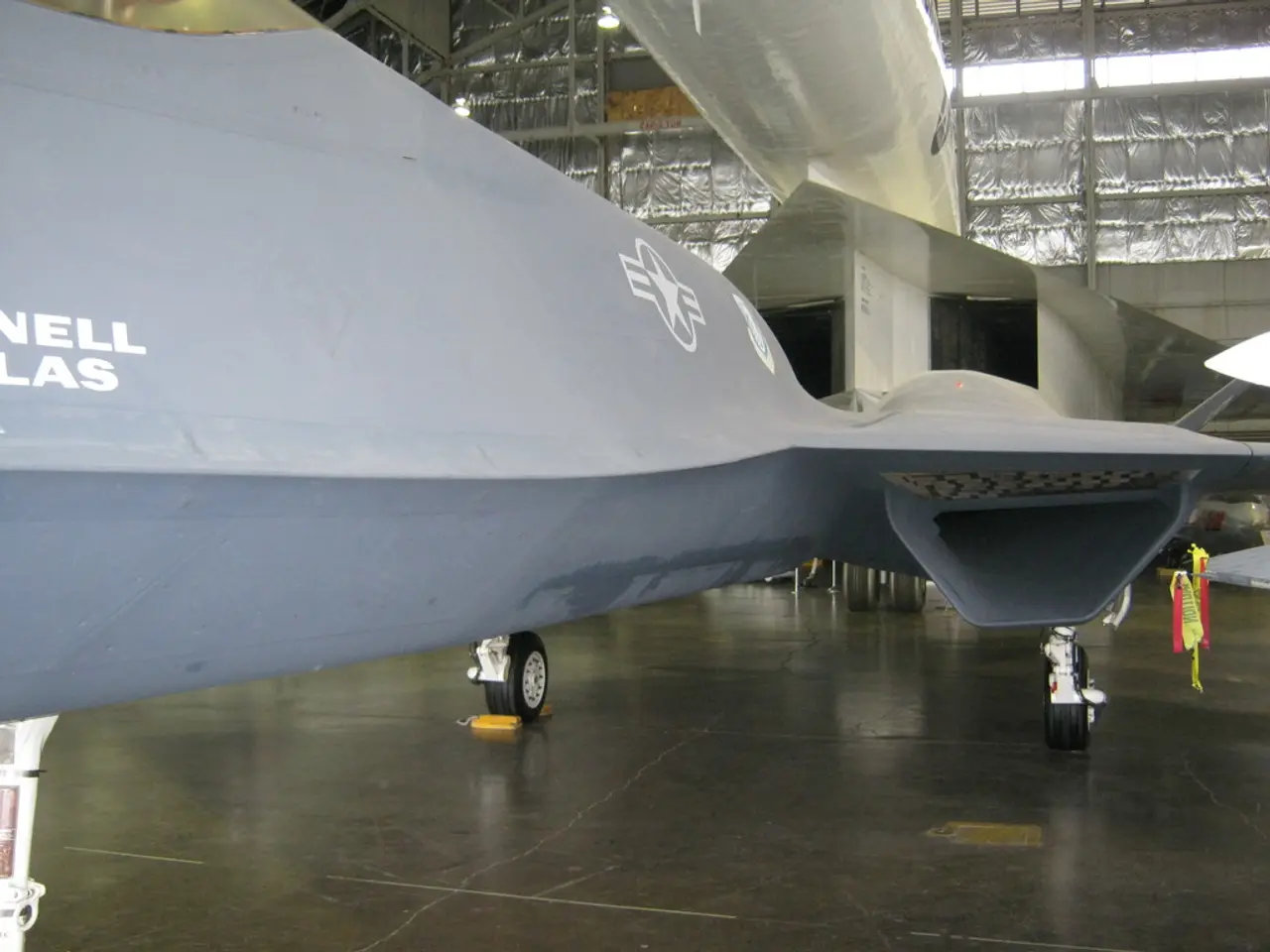Airline industry faces potential blow as Spirit Airlines' continued existence being questioned
In the competitive world of air travel, the financial struggles of Florida-based Spirit Airlines have raised concerns about its future and the potential impact on consumers.
Currently, Spirit Airlines offers no-frill, bargain fares and charges passengers for extras, including carry-on baggage. This budget approach has put pressure on other airlines to offer lower fares and more basic economy seats. However, Spirit's financial troubles have led to speculation about its future, and if it were to shut down or merge with another carrier, airfares would likely increase significantly due to reduced competition in the budget airline sector.
Spirit Airlines has expressed "substantial doubt" about its ability to stay in business for more than a year due to continued losses and dwindling revenue. The airline emerged from bankruptcy earlier this year, but its financial report shows a net loss of $256.7 million since then. The Justice Department successfully argued in court that a proposed merger between Spirit and JetBlue Airways would hurt consumers by reducing competition and lifting air fares.
William McGee, a senior fellow for aviation and travel at the American Economic Liberties Project, opposes airline mergers, arguing that they lead to higher fares. McGee believes that more consolidation is not the answer to the current situation in the aviation industry. If Spirit were to merge with another airline, it would consolidate market share and diminish competition, leading to higher ticket prices across many markets.
A potential merger between Spirit and a major carrier like United, Delta, or American Airlines would face antitrust scrutiny similar to the blocked JetBlue deal. An offer from another low-cost carrier, such as Frontier, may not face the same legal challenges but could not agree upon a price with Spirit.
The deal between Spirit and JetBlue Airways was blocked on antitrust grounds in early 2024. The Trump administration might not be as eager to block a deal as the Biden administration. However, the other budget airlines are also experiencing financial losses, making any deal difficult.
If Spirit were to shut down, it would eliminate the ultra-low-cost option that drives down fares industry-wide, causing an increase in average airfare even on other airlines. Competitors might reduce the availability of discounted or basic economy seats, further pushing up prices. The absence of Spirit could negatively affect travel demand, as higher prices may price out some travelers, impacting tourism and related employment.
Judge William Young of the US District Court for the District of Massachusetts wrote that Spirit's presence lowers other airline's fares. Spirit's model has forced the nation's major airlines to offer their own cheap seats, often under the "basic economy" class of tickets. The potential shutdown or merger poses a critical juncture for low-cost travel in the U.S., highlighting Spirit’s role in maintaining competitive airfare levels.
[1] Source: American Economic Liberties Project Report on Spirit Airlines [2] Source: Spirit Airlines' latest financial report [3] Source: U.S. Department of Justice press release on the blocked JetBlue-Spirit merger [4] Source: Judge William Young's ruling on the blocked JetBlue-Spirit merger
Read also:
- Digital Chain's Rapid Transformation Ahead!
- Government grants of nearly a million euros for sports facilities in Bremen: funding for sports halls, entrance barriers, and locker rooms for local clubs
- Dangerous Pollutant Removal: Naval Weapons Industrial Reserve Plant and Northrop Grumman Corporation Site (NWIRP) in Bethpage, New York – Clean-up Initiated
- Enhancing Ocean Safety and Security






